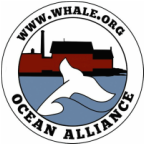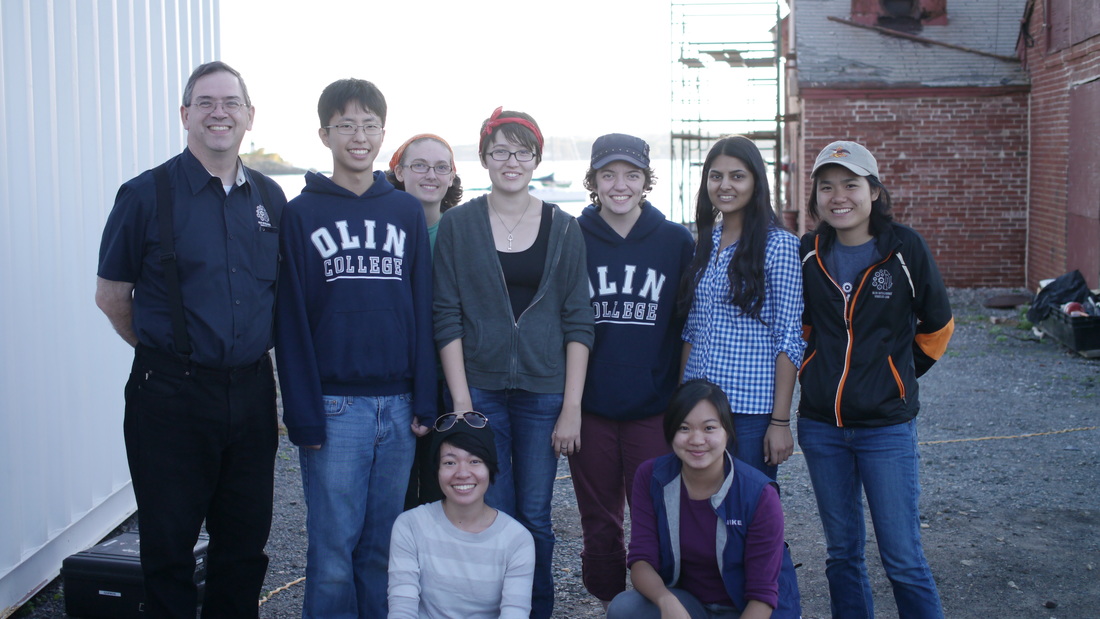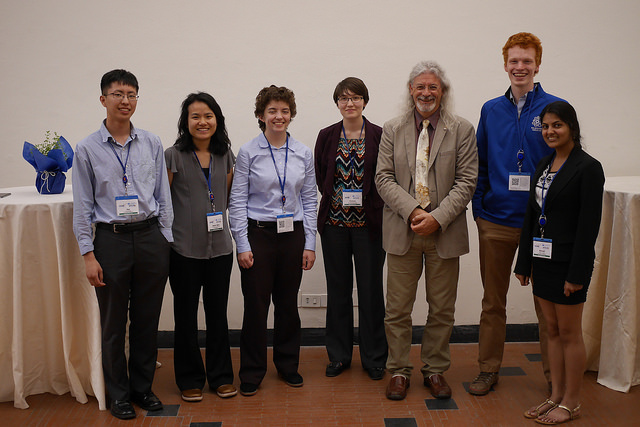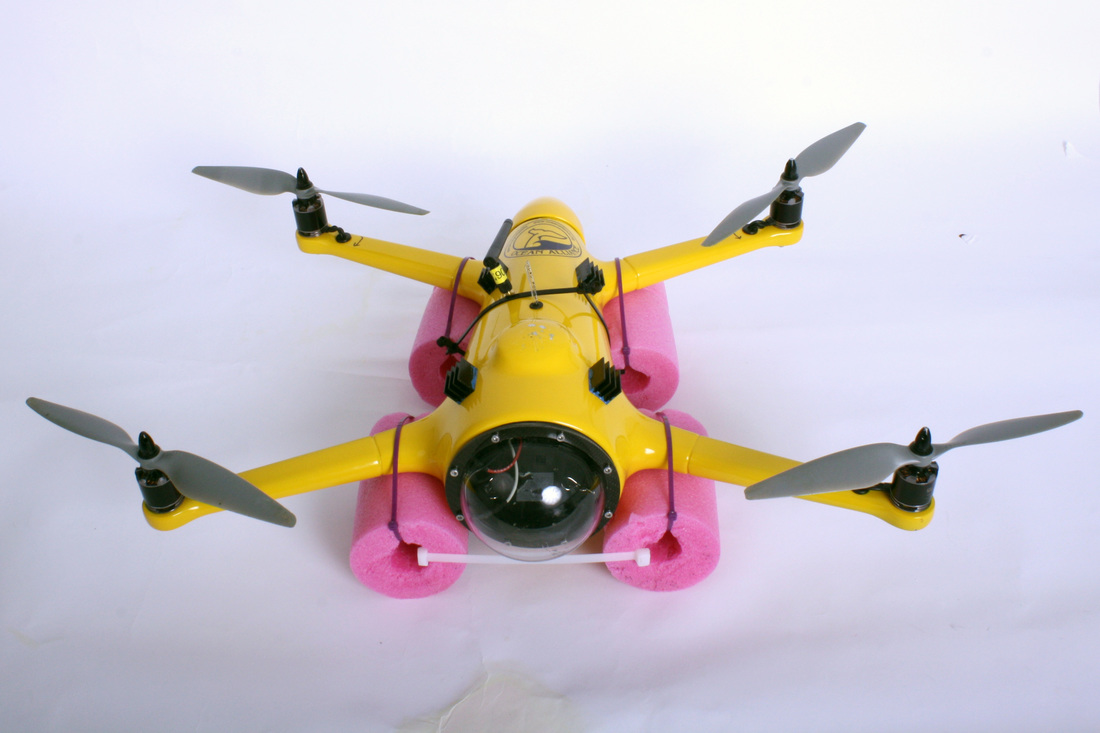The Earth should really be known as Planet Ocean, because we live on Spaceship Earth.
The ocean produces over 70% of the oxygen in our atmosphere. It feeds just about everyone on the planet. But it's a resource that needs to be treasured, regulated, savored-- because if we don't do something about it, it might not be there anymore. Once the ocean's ecosystem collapses, life on Earth will radically change.
As an engineer-- by default I'm a technologist. I love tinkering, coming up with crazy ideas, and reading up/playing with all the new gadgets and gizmos that come out. Olin taught me to think big, to look at the world's problems-- and I decided I'd take my chances and see what I could do for a few months after graduation. incidentally, my brother-in-law had pointed me to a video of Shah Selbe, a National Geographic Explorer, and I knew exactly what the label for my new hat was--Conservation Technologist.
There are numerous challenges to address:
So why work for a whale conservation group?
Certain whales (eg. Sperm Whales) happen to be apex predators (top of the food chain). This means they're like giant sponges and collect all the pollutants that everything below them on the food chain have ingested. Monitoring their health means that we can understand the health of the species, and extrapolate that to the rest of the ocean.
As their Chief Technology Expert / Robotics Program Director, I was there to bridge the gap between marine mammal research and current robotics technological advancements. I served as many things-- the liaison to the Olin College SnotBot team (geek-translator for the OA crew and relayed system requirements to Olin students), program fundraiser (assisted both the SnotBot Kickstarter campaign and the general fundraising and grant writing for getting seed money to get more in-house innovation started), and resident technologist (for dreaming up and planning out the next stages of implementing better ways to do things like collect whale snot, or image the features of a pregnant whale.
The ocean produces over 70% of the oxygen in our atmosphere. It feeds just about everyone on the planet. But it's a resource that needs to be treasured, regulated, savored-- because if we don't do something about it, it might not be there anymore. Once the ocean's ecosystem collapses, life on Earth will radically change.
As an engineer-- by default I'm a technologist. I love tinkering, coming up with crazy ideas, and reading up/playing with all the new gadgets and gizmos that come out. Olin taught me to think big, to look at the world's problems-- and I decided I'd take my chances and see what I could do for a few months after graduation. incidentally, my brother-in-law had pointed me to a video of Shah Selbe, a National Geographic Explorer, and I knew exactly what the label for my new hat was--Conservation Technologist.
There are numerous challenges to address:
- Overfishing (and Illegal Fishing) is causing fish stocks to deplete faster than they can be replenished-- we've lost most of our big fish
- Toxins and how they affect the marine ecosystem (oil spills, chemical dumps, etc-- what goes around comes around....)
- Microplastics-- from facial cleansers to trash that drifts into and breaks up in the ocean, these pieces get eaten up by basically everything lower in the food chain, and take up valuable space that plankton normally fill. (If the phyto-plankton die, less oxygen is produced-- and right now the ocean produces most of the oxygen we breathe.)
- Acidification-- growing C02 levels mean more carbonic acid (as it gets absorbed by the ocean)-- which dissolves shells and coral.
So why work for a whale conservation group?
Certain whales (eg. Sperm Whales) happen to be apex predators (top of the food chain). This means they're like giant sponges and collect all the pollutants that everything below them on the food chain have ingested. Monitoring their health means that we can understand the health of the species, and extrapolate that to the rest of the ocean.
As their Chief Technology Expert / Robotics Program Director, I was there to bridge the gap between marine mammal research and current robotics technological advancements. I served as many things-- the liaison to the Olin College SnotBot team (geek-translator for the OA crew and relayed system requirements to Olin students), program fundraiser (assisted both the SnotBot Kickstarter campaign and the general fundraising and grant writing for getting seed money to get more in-house innovation started), and resident technologist (for dreaming up and planning out the next stages of implementing better ways to do things like collect whale snot, or image the features of a pregnant whale.
|
|





